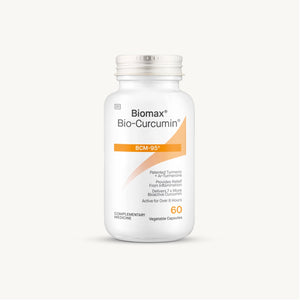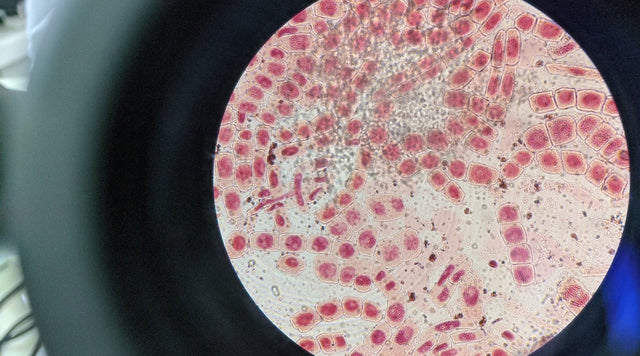Inflammation has a bad reputation; it is often seen as something that we should get rid of and so we reach for anti-inflammatories at the first signs of inflammation. Redness, swelling, pain, and loss of function are the tell-tale signs that will send people rummaging through their medicine cabinets; but do we really need to? Is inflammation really such a villain?
The answer is yes & no, like everything in health it is all about balance.
What is inflammation?
Inflammation is our body’s way to heal itself, whenever there is injury, infections, and toxins, inflammation is not far behind. Inflammation increases blood flow which help helps to bring in necessary nutrients and cells that can help to heal damage damaged tissue or deal with an infection.
This increased flow of blood also acts as a waste removal system, helping to remove damaged cells from the site. Inflammation, therefore, is a hero and not a villain.
On the other hand, inflammation can rage on when it is supposed to have stopped. It continues to release cellular signals telling white blood cells to attack! Eventually, the inflammation which was supposed to heal the body begins damaging it instead. And so, inflammation is also our villain and not a hero.
Using supplements to aid inflammation
What are we to do? Without inflammation we cannot heal but left unchecked it is a fire that can burn down the house. Looking to the wisdom of nature where we find the tools to tame this powerful force within our bodies, we can have a fire when we need it, without burning down the house – it just takes a little effort and the right tools to learn how to reduce inflammation.
The herb turmeric contains potent anti-inflammatory (or more accurately stated inflammation balancing) compounds in its roots. Of these, curcumin is the most widely known and studied.
Curcumin has been shown in studies to have a beneficial effect on the way our genes instruct our cells to make the signals that drive inflammation (Shishodia, Singh & Chaturvedi, 2007). In this way, curcumin balances inflammation to ensure that it is doing what it is supposed to.
Unfortunately, curcumin is poorly absorbed and used by our bodies, thankfully there are ways to enhance the absorption and bioavailability of Curcumin.
Turmeric root contains essential oils as well as curcuminoids, when these essential oils are mixed with curcumin our body can absorb and utilize the curcumin much better, in fact, nearly 7 times better than regular curcumin (Antony et. al. 2008).
Bio-Curcumin contains this natural combination of curcumin with essential oil from turmeric root which is why it is a product I trust whenever there is inflammation.
Fermentation
Humans have been fermenting drinks and foods for centuries, but it wasn’t until 1910, thanks to a Russian bacteriologist Metchnikoff that we realized fermented foods are beneficial.
He realized that Bulgarians had an extraordinary life span for that century and concluded that it could be as a result of their living longer and figured out it was a result of large consumption of fermented milk products. This set us humans on a journey of rediscovering our traditions of fermentation.
Fast forward 112 years later and now award-winning company Terranova has employed the wonders of lactic acid fermentation to unlock the benefits of Turmeric in their product Fermeric™. By fermenting the Turmeric root, it is broken down into a form that is easier for our body to digest and absorb.
Inflammation is not a villain, it is a natural & necessary process that we can manage by eating a diet rich in whole foods, fruits, and vegetables by and ensuring we manage our stress, and taking care of our ability to detoxify we should see inflammation doing what it is there to do. If the flames of inflammation are burning a little too hot, or a little too long – then reach for your Bio-Curcumin or Terranova Fermeric.
Disclaimer: This content is for informational purposes only and does not constitute medical advice. Always consult with your healthcare provider before starting any new supplement, especially if you are pregnant, nursing, have a medical condition, or are taking prescription or chronic medication.





